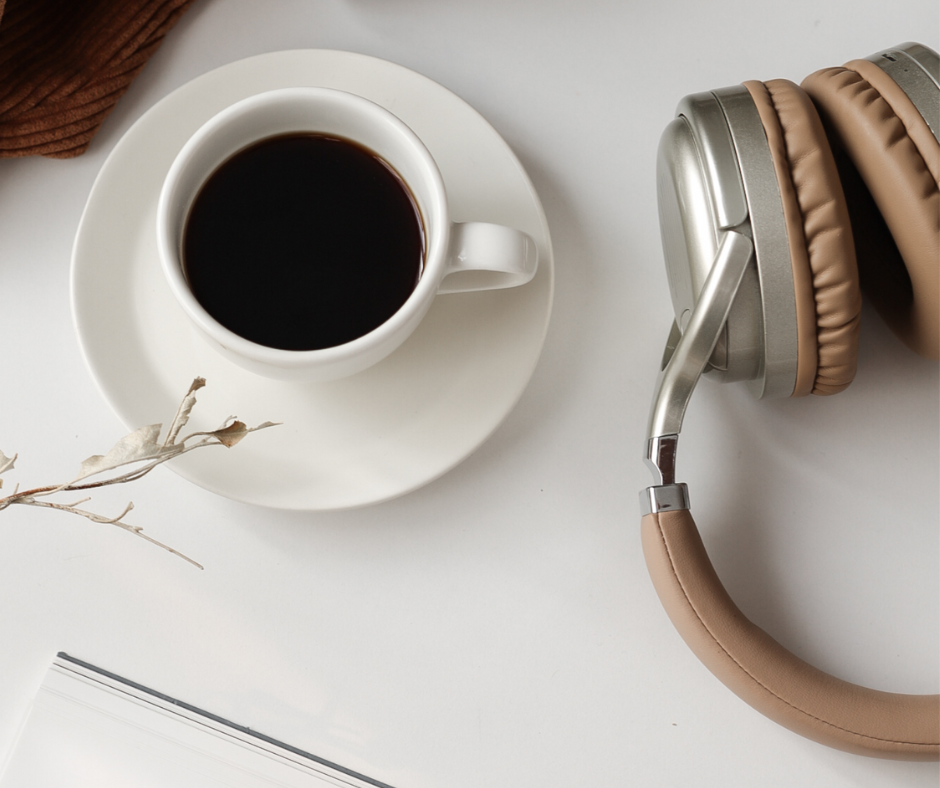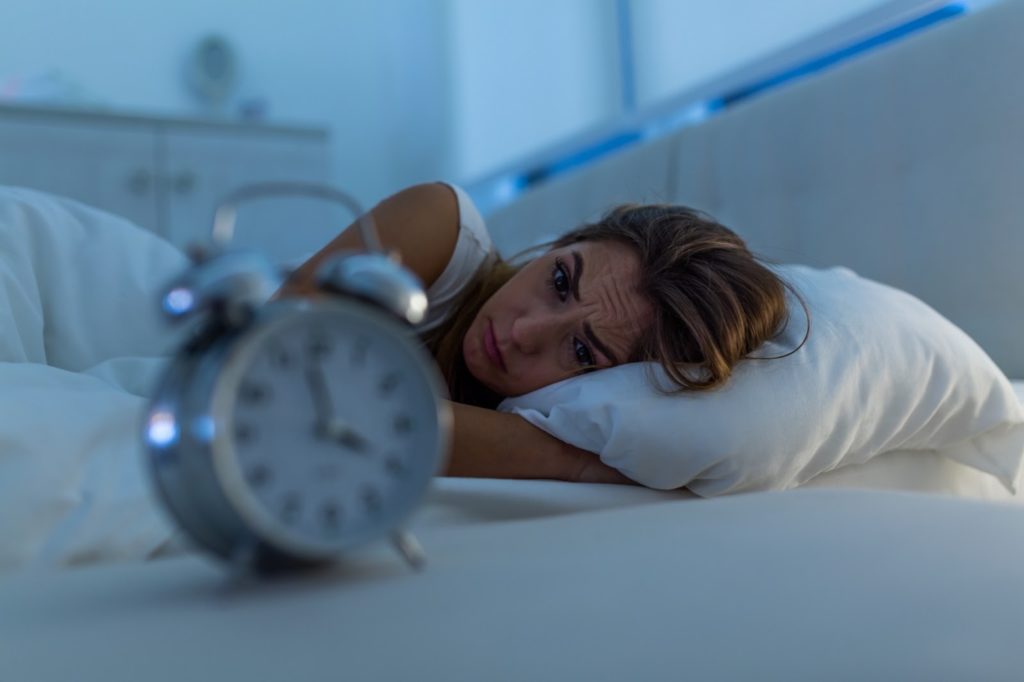Drinking decaf coffee before bed usually has minimal impact on sleep quality. It contains low levels of caffeine, unlikely to disturb sleep patterns.
Decaf coffee offers a comforting ritual without the significant caffeine punch of regular coffee, making it a preferred evening beverage for many. Its reduced caffeine content, typically 97-99% less than regular coffee, caters to those sensitive to stimulants or who aim to limit their caffeine intake later in the day.
Sipping decaf can be part of a relaxing nighttime routine, potentially aiding in winding down and signaling the body that it’s time to prepare for sleep. While individual sensitivities to caffeine can vary, decaf coffee is generally considered a safe choice for most people looking to enjoy a warm, coffee-like drink before heading to bed without the risk of caffeine-induced sleep disruption. Choosing decaf allows coffee enthusiasts to relish the taste and soothing warmth of their favorite beverage, even as bedtime approaches.

The Quest For Sleep: Is Decaf Coffee A Friend Or Foe?
When the moon takes its place in the night sky, many of us yearn for restful slumber. Our days are long and filled with activity, so the allure of sleep becomes paramount as night falls. But with a craving for the comfort of a warm beverage before bed, the question arises: does decaf coffee pave the way to dreamland, or does it cloak an undercurrent of wakefulness?
The Lure Of Decaf Before Bedtime
Decaf coffee, with its subtle aroma and comforting warmth, often promises the coziness of its caffeinated counterpart without the wakeful buzz. Many believe it to be the perfect evening elixir, one that can be enjoyed without counting sheep into the late hours. Yet, perceptions may not always align with reality. Let’s delve into the sleep-inducing claims of decaf coffee.
- Reduced caffeine: Decaf coffee does contain some caffeine, but in much lower amounts.
- Evening ritual: A decaffeinated cup can serve as a relaxing bedtime routine.
- Psychological comfort: The familiar taste can signal the body that it’s time to unwind.
Common Beliefs About Decaf And Sleep
Common lore suggests decaf coffee won’t disrupt sleep, but is this belief grounded in truth? While decaffeination strips away most of the caffeine, a residual amount remains. Even a minimal caffeine presence can stir the senses for those sensitive to its effects.
| Belief | Fact |
|---|---|
| Decaf means no caffeine | Decaf still contains trace amounts of caffeine |
| Decaf won’t affect sleep | May still impact those sensitive to caffeine |
| Decaf is sleep-friendly | Depends on individual response to caffeine |
Individual reactions to decaf can vary, suggesting that while some may slip into slumber with ease, others might find themselves counting more sheep than anticipated. Notably, many factors—including personal caffeine sensitivity and the method of decaffeination—play a role in how decaf coffee influences restfulness.
Unveiling The Decaffeination Process
Grabbing a decaf coffee before bed is a cozy ritual for many. Yet, few know what goes on behind the cup. Let’s peel back the curtain on the decaffeination process. This process removes caffeine from coffee beans while keeping the delightful flavor intact.
Methods For Extracting Caffeine
Decaffeination is a fascinating science. It involves several methods:
- Water Process: This method relies on pure water to gently remove caffeine.
- Carbon Dioxide Process: CO2 acts as a solvent to extract caffeine under pressure.
- Direct Solvent Process: Here, solvents come into direct contact with coffee beans.
- Indirect Solvent Process: Beans soak in hot water before exposure to solvents.
- Organic Solvent Process: Uses natural compounds to gently lift caffeine away.
Residual Caffeine In Decaf Coffee
Decaf doesn’t mean caffeine-free. A tiny amount remains in the beans. Choosing a decaf brew reduces intake without a complete goodbye to caffeine. Here’s what you can expect in your decaf cup:
| Type of Coffee | Average Caffeine Content (mg) |
|---|---|
| Regular Coffee | 95-165 |
| Decaf Coffee | 2-5 |
Caffeine And Sleep: The Science
Many people enjoy a warm cup of decaf coffee before bed. Understanding how caffeine affects sleep requires a look into the science behind it. Let’s plunge into the world of caffeine and the brain, the implications for sleep cycle disruption, and how decaf may be the better choice for a restful night.
Caffeine’s Effect On The Brain
Caffeine acts as a stimulant on the central nervous system. It blocks adenosine receptors, which normally promote sleep and relaxation. This interference can lead to increased alertness and wakefulness, hence disturbing your natural sleep readiness.
How Caffeine Disrupts Sleep Cycles
Intake of caffeine offsets the circadian rhythm, meaning it can shift the timing of your body clock. It reduces the quality of REM sleep, which is crucial for memory and learning. By shifting these rhythms, caffeine impacts your body’s signal for sleep, potentially leading to difficulty in falling and staying asleep.
- Reduces deep sleep time
- Increases night-time awakenings
- Shortens overall sleep duration
Investigating Decaf’s Impact On Slumber
Many wonder if a warm cup of decaf coffee is the secret to a peaceful night. Some believe it’s a safe treat before bed. Others question whether it truly lacks the punch to affect sleep. Let’s dive into recent findings and explore decaf’s role in sleep hygiene.
Recent Studies On Decaf And Sleep Quality
Science sheds light on this cozy debate. Several studies have examined decaf’s effects on sleep. The results might surprise you:
- Decaf contains minimal caffeine. Yet, it can still mildly stimulate some individuals.
- People react differently to decaf. It all comes down to personal sensitivity.
- A study found that decaf does not significantly disrupt sleep patterns.
Decaf tends to support quality rest for most. The key lies in sensitivity and the amount consumed.
Decaf Coffee And Its Place In Sleep Hygiene
Is decaf coffee truly a nighttime friend? Here’s what good sleep practices suggest:
- A small decaf cup can be a calming nighttime ritual.
- Avoiding large amounts before bed is best. It ensures a restful sleep.
- Combining decaf with other relaxants, like reading, may improve sleep hygiene.
Recognize your body’s signals and choose your pre-sleep routine wisely!
Lifestyle And Individual Responses To Decaf
Many coffee lovers enjoy a warm cup before bed. Some choose decaf for this bedtime ritual. But each person’s body reacts differently to decaf coffee. Why? It’s all about our lifestyle and how sensitive we are to caffeine.
Personal Caffeine Sensitivity And Tolerance
Not all bodies handle caffeine the same way. Some individuals feel jumpy even with a small amount. Others can drink several cups and feel just fine. This is due to personal caffeine sensitivity and tolerance. Decaf coffee still has a bit of caffeine. For those more sensitive, this can affect sleep.
- Low sensitivity – Can drink decaf with little to no impact on sleep.
- High sensitivity – Might experience sleep disturbances even from decaf.
Knowing where you stand on the caffeine sensitivity scale is crucial. It helps to choose the right evening beverage.
The Role Of Lifestyle Choices In Sleep Quality
Lifestyle plays a big role in how well we sleep. Our daily habits directly affect our night’s rest.
Key factors include:- Physical activity – Regular exercise promotes better sleep.
- Diet – Eating balanced meals contributes to restful nights.
- Stress levels – High stress can lead to sleep problems.
- Bedtime routine – Consistent habits signal the body it’s time to wind down.
Decaf coffee can fit into a healthy lifestyle. But, it’s important to consider these factors. They influence how decaf coffee before bed will affect you.

Expert Tips For A Blissful Night’s Sleep
Everyone craves a restful night of sleep. Expert tips can make this possible. They often recommend the right evening beverage. The impact varies from person to person. Yet, a common suggestion is decaf coffee. Why? It offers the coffee essence without caffeine.
Best Practices For Evening Beverage Consumption
Choosing the right beverage at night is crucial. It can mean the difference between a peaceful slumber and a night of tossing. Caffeine is a big no later in the day. Some believe decaf is a safe bet for a pre-bedtime drink. Follow these practices:
- Time your drink – Enjoy decaf at least 2 hours before bed. This gives your body time to process it.
- Watch the added extras – Sugar and creamer can affect sleep. Try a splash of almond milk instead.
- Opt for water or herbal tea – These are hydrating and calming.
Alternatives To Decaf Coffee Before Bed
Looking for more options? Consider these soothing beverages. They are perfect for lulling you into dreamland. Here’s a list of nighttime-friendly drinks:
| Drink | Benefit |
|---|---|
| Chamomile tea | Calms nerves and aids in sleep |
| Warm milk | Has tryptophan that promotes sleep |
| Almond milk | Magnesium-rich, which helps quality of sleep |
| Lemon balm tea | Provides a calming effect |
| Valerian root tea | Often used as a sleep aid |
Experiment and find what best suits your nighttime routine. Soothing flavors and relaxing herbs are key. They can contribute to a blissful night’s sleep. Remember to avoid large quantities. A light drink soothes; too much disturbs sleep.

Frequently Asked Questions On Decaf Coffee Before Bed
Does Decaf Coffee Affect Sleep Quality?
Decaf coffee has minimal caffeine compared to regular coffee. While it’s unlikely to prevent sleep as effectively as regular coffee, individual sensitivity varies. Drinking decaf can still disturb sleep for those sensitive to even small amounts of caffeine.
Is Decaf Coffee A Good Pre-bedtime Drink?
Decaf coffee can be a comforting pre-bedtime ritual for some. It provides the soothing warmth and taste of coffee without the stimulating effects of caffeine. However, it’s important to consider personal tolerance as even decaf contains trace caffeine.
How Much Caffeine Is In Decaf Coffee?
Decaf coffee typically contains 2-5 mg of caffeine per 8 oz cup compared to 80-100 mg in regular coffee. The decaffeination process removes about 97% of the caffeine, making it a lower-caffeine alternative to its regular counterpart.
Can Decaf Coffee Still Cause Insomnia?
For most people, decaf coffee is unlikely to cause insomnia due to its low caffeine content. However, individuals who are particularly sensitive to caffeine may experience sleep disruptions, even with the small amounts in decaf.
Conclusion
Wrapping up, decaf coffee before bedtime can be a cozy ritual without the caffeine jitters. Choosing decaf allows for a peaceful sleep while enjoying your beloved coffee flavor. Prioritize quality decaf blends for the best experience. Nighttime just got more soothing with a cup of decaf in hand.

